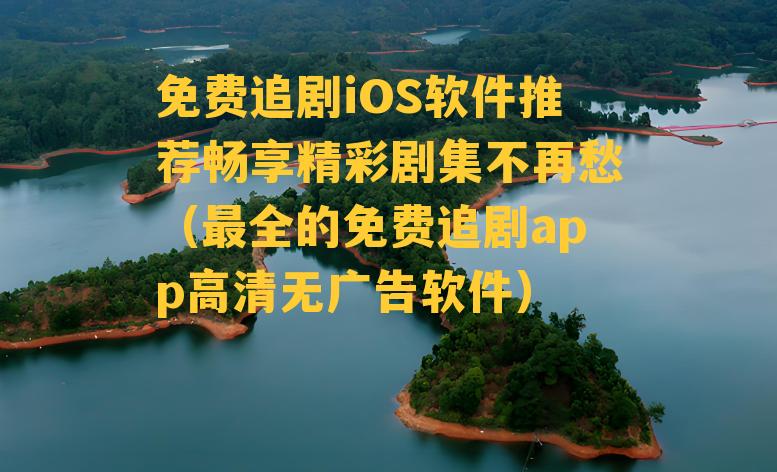完整的 英文翻译(完整怎么翻译)
:The Importance of a Complete Translation
In the globalized world we live in today, the ability to communicate across languages is more crucial than ever. Whether for business, education, or personal reasons, a complete translation is essential for ensuring that the message conveyed is not only understood but also respected and appreciated. Here's a closer look at why a complete translation matters.
**Accuracy in Language and Context**
A complete translation captures the essence of the original text, ensuring that the language and context are accurately represented. This is particularly important in legal documents, scientific papers, and technical manuals, where a single misinterpretation can lead to serious consequences.
**Cultural Sensitivity**
A comprehensive translation takes into account the cultural nuances of both the source and target languages. It avoids cultural misunderstandings and ensures that the translation is respectful and appropriate for the audience. This sensitivity is key in marketing materials, advertisements, and content that is intended to resonate with a specific cultural group.
**Clarity and Coherence**
ns the clarity and coherence of the original text. It avoids the pitfalls of truncated sentences or missing information, which can confuse readers or leave them with incomplete understanding. This is especially vital in instructional materials or when conveying complex ideas.
**Professionalism and Trustworthiness**
l and a commitment to quality, which can build trust with clients and partners. Inversely, an incomplete translation can undermine credibility and lead to negative perceptions.
**Accessibility and Inclusivity**
Complete translations make information accessible to a wider audience. This is particularly important for documents that are intended for public use or those that have the potential to impact a diverse group of people. By ensuring that everyone can understand the content, translations contribute to inclusivity and equal access to information.

**Avoiding Legal and Ethical Issues**
n contexts, an incomplete translation can lead to legal or ethical issues. For instance, a medical translation that omits critical information could pose a risk to patients' health. A complete translation helps to mitigate such risks by providing a full and accurate account of the content.
In conclusion, a complete translation is not just about converting words from one language to another; it's about preserving the integrity of the message, respecting cultural differences, ensuring clarity, building trust, and promoting inclusivity. Whether it's for personal or professional purposes, investing in a thorough and complete translation is a valuable step towards effective cross-cultural communication.









